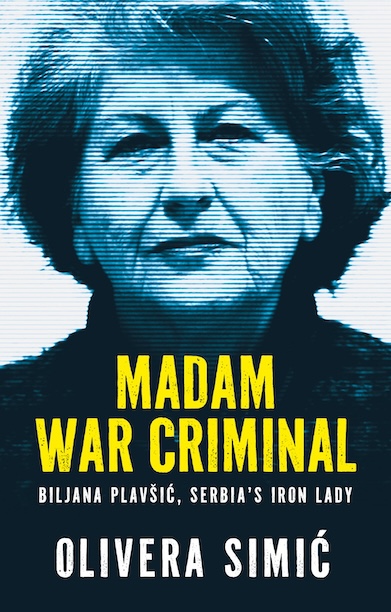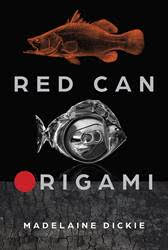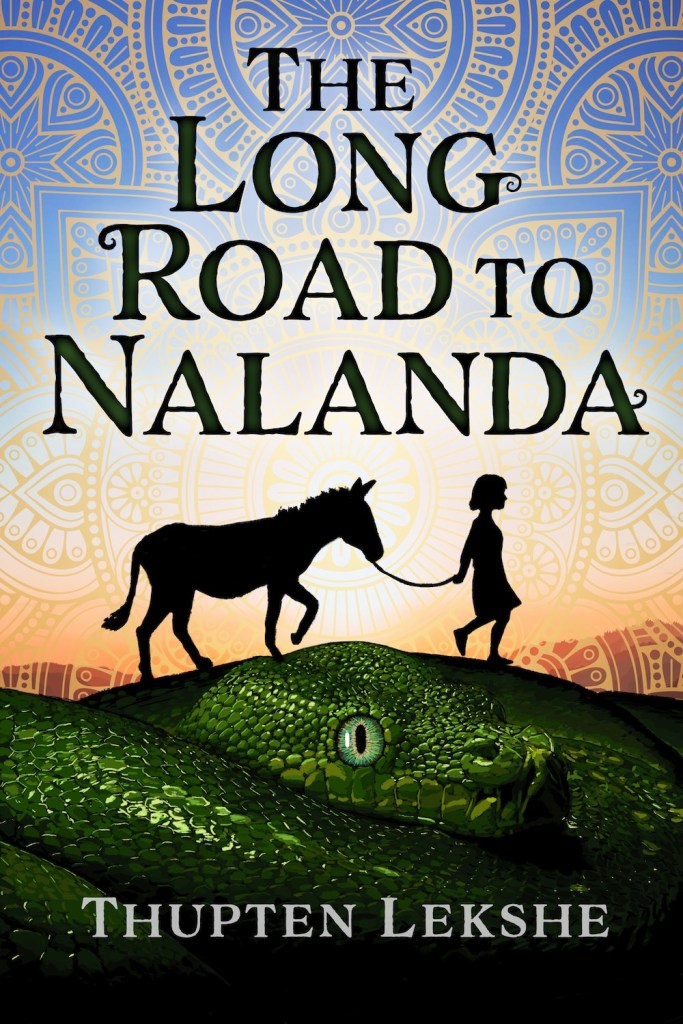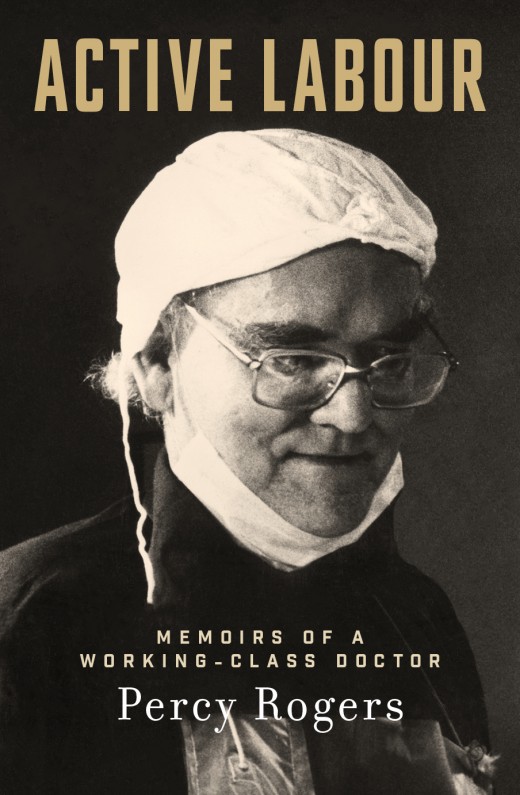
From mums and dads, aunts and uncles, to queens and kings, princesses and princes—there is often confusion amongst writers: when to capitalise and when not to capitalise these names? When I copyedit or proofread an unpublished manuscript, I am frequently asked questions such as: ‘Why did you change the capitalisation of ‘Dad’ in the sentence to lower case?’ The simplified […]

Dangling modifiers (often participles) continue to hang around in sentences, probably because most writers (and readers) are indifferent to them. Some work, but most don’t. This month, my editing work has encountered so many of the latter from various sources that it has piqued my interest and motivated me to do some thinking on the subject. You may ask: What […]

This is my second article about words that have been used in the wrong context by writers whose manuscripts I have assessed, edited or proofread. Was it a historic or historical event? Was it a continual or continuous noise? Is someone illusive or elusive? The confusion can occur because these words are spelt similarly or sound similar, or both, so it’s understandable […]

Are you gagging for another English grammar quiz? If so, sharpen your red pencil and put on your proofreading thinking-cap! There is more than one error relating to grammar and punctuation in each of the following ten sentences. Can you spot them? Each grammar ‘issue’ has been covered in the last few articles written for ‘The Art of Writing & […]

Throughout the last few months I’ve been keeping a record of some commonly confused, or simply confusing, words that I’ve come across in my job as an editor and proofreader. Do you ‘orient’ or ‘orientate’ yourself? Do you ‘inquire’ or ‘enquire’? Is an event ‘eminent’ or ‘imminent’? Some of these words are spelt so similarly, or sound so similar, that […]

Would you write: ‘the earth is round’ or ‘the Earth is round’? The rules governing capitalisation of words in sentences may seem straightforward, but, as writers, editors and proofreaders know, distinguishing between ‘proper’ and ‘common’ usage is often difficult, and style guides vary in their rules. As the featured image illustrates, medieval manuscript writers enlarged and decorated the first letter […]

Does anyone care that ‘lay’ and ‘lie’ are frequently used incorrectly in sentences? Should we care? Apparently, the Oxford English Dictionary—Samuel Johnson’s dictionary—decided on these forms, and I’m thinking that maybe it’s time to lay them to rest, and not worry about their misuse anymore. I don’t hear my clients applauding me when I put a red line through ‘lay’ in […]

It takes courage for writers to ‘go out on a limb’ in order to develop, and commit to, an individual writing style that satisfies readers. On 9 March 1895, H. G. Wells, English writer and commentator, wrote a review in the ‘Saturday Review’ of Grant Allen’s controversial novel, ‘The Woman Who Did’: “The whole book … is strenuous without strength, […]

These days, the use of the pronoun ‘whom’ in our speech and writing is becoming less common —quite frankly, it’s on its last legs. Grammar purists will be shaking their heads and wringing their ink-stained hands as they ponder the demise of ‘whom’ and the rise in popularity of the less pretentious pronoun, ‘who’. However, if you’re writing or speaking […]

January 1st 2014: time to jab a pin into my list of destinations yet to be explored. Apart from the consideration of important aspects such as available cash and security, travel to distant countries is a lot easier than a century or so ago. Today’s travel writers not only narrate their journeys through the written word but also through images […]














